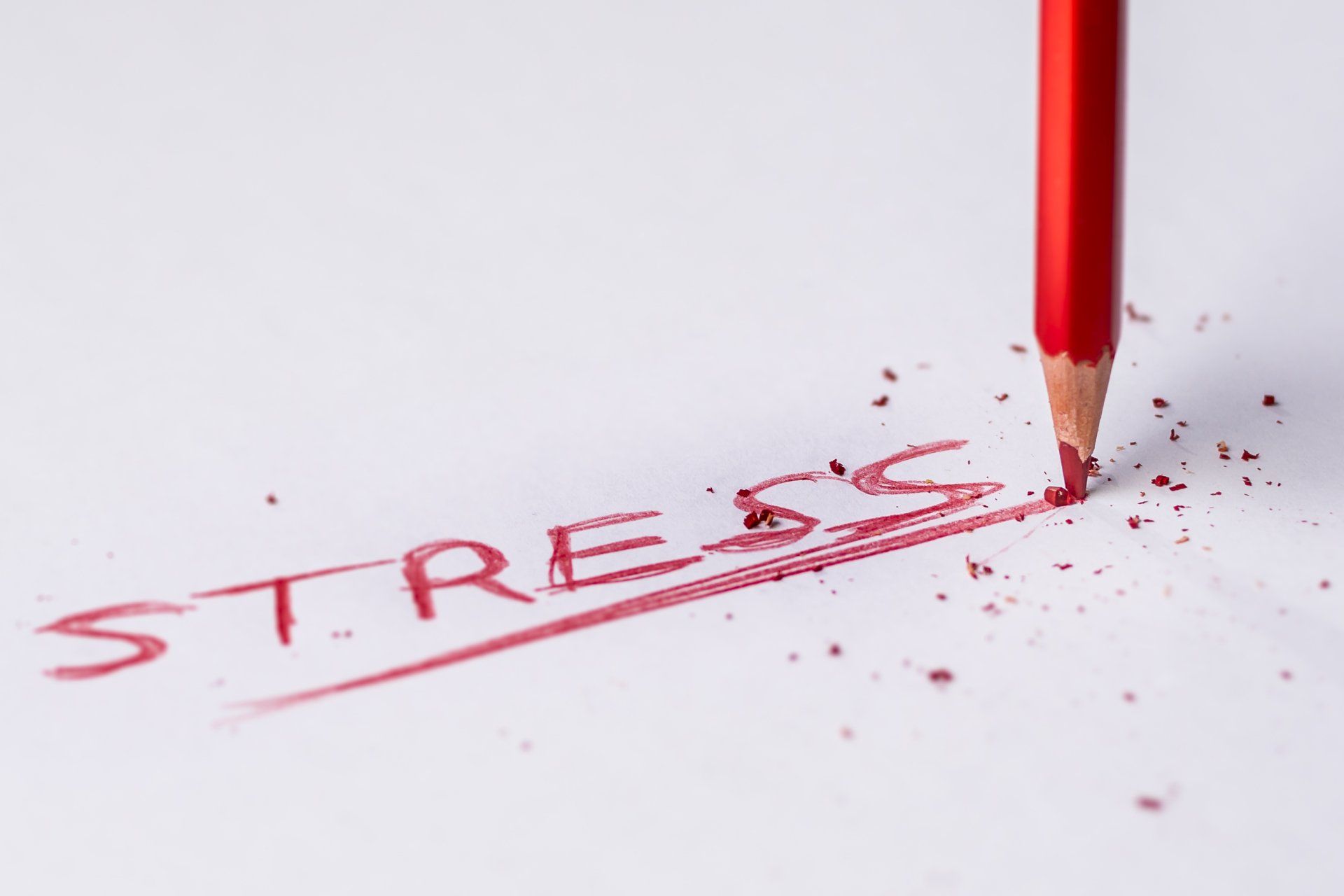Understanding the Impact of Stress and Cortisol on your Health
The impact of stress on our bodies cannot be overstated.

Stress is a normal human response to life’s demands, but when left unchecked, it can lead to elevated levels of cortisol in the body—a hormone that can have a negative effect on your overall health. Let’s take a closer look at what cortisol is, how it affects us, and what we can do to manage our stress levels and mitigate its effects.
What is Cortisol?
Cortisol is known as the “stress hormone” because it is released in response to physical or psychological stress. When cortisol is released into the bloodstream, it triggers your body’s fight-or-flight response, preparing you for action. This is a natural process that has evolved over millions of years to help protect us from danger.
However, in modern times, this same reaction can be triggered by everyday events like work deadlines or relationship problems. When faced with chronic or prolonged stressors, our bodies remain in this heightened state of readiness for too long — leading to an excess accumulation of cortisol in the bloodstream and creating a host of health issues.
How Does Cortisol Impact Your Health?
When cortisol levels are consistently high due to prolonged periods of stress, it can cause a variety of physical and mental health issues such as increased blood pressure, weakened immune system function, fatigue, depression, anxiety and more. It can also disrupt sleep patterns and cause weight gain due to increased appetite caused by higher levels of cortisol. In addition, chronically elevated cortisol levels can lead to chronic inflammation which increases your risk for diseases like heart disease and diabetes.
Managing Stress Levels
The most effective way to reduce the amount of cortisol in your body is by managing stressful situations better and reducing the amount of time spent worrying about them. Regular exercise is one of the most powerful ways to reduce stress and lower stress hormones. Additionally, practicing relaxation techniques such as yoga or meditation can help you find balance amidst life’s daily stresses so that they don’t become overwhelming. Finally, if these methods aren't enough, speaking with a counselor or therapist might be beneficial.
Chronic exposure to elevated cortisol levels caused by prolonged periods of stress puts you at risk for developing serious health conditions – so taking steps now to reduce those levels will ensure better overall health down the line! Whether it's through regular exercise routine mindfulness practice or professional counseling, finding ways to reduce your stress load should always be top priority!
*AI Disclosure:
This content may contain sections generated with AI with the purpose of providing you with condensed helpful and relevant content, however all personal opinions are 100% human made as well as the blog post structure, outline and key takeaways.
* Affiliate Disclosure: Some of the links on www.elle-md.com may contain affiliate links meaning that we will get a commission for recommending products at no extra cost to you.
*Blog Disclaimer: Please note that reading our blog does not replace any health or medical advice consultation. Read our blog disclaimer here.

Meet the Drs.
Dr. Hendriks and Dr. Castillo MacKenzie are board-certified physicians, female, specialized, with over 10 years of experience.
Elle MD started after practicing in a traditional primary care setting together for over a decade. We grew frustrated with the current healthcare model, which places no emphasis on addressing the root cause of chronic disease. A lot of times, conventional care doesn’t even promote overall wellness!
We founded Elle MD in Royal Oak, MI, with a vision of providing this care in a compassionate and personalized way.
Download your free guide













